Jamie Oliver has revealed some of his children have recently been diagnosed as neurodivergent, telling how understanding how their children see things differently allows him and wife Jools to be ‘better parents’.
The celebrity chef, 50, recently detailed his own emotional toll of struggling with dyslexia ahead of his new hour-long Channel 4 special, titled Jamie’s Dyslexia Revolution.
And in a new interview, Jamie has told how he navigates his ‘bonkers family’ with Jools, 50, and their children, amid diagnoses of dyslexia, ADHD and ASD (autism spectrum disorder) in the past year.
The TV star shares daughters Poppy, 23, Daisy, 22, and Petal, 16, and sons Buddy, 14, and River, eight, with his former model spouse, with the eldest two having flown the nest.
Though not revealing details on who was diagnosed, Jamie revealed to The Sunday Times Magazine that he and Jools discuss their children in bed every night and have ‘learnt to understand that their behaviour is because they’re seeing things differently’.
From A-list scandals and red carpet mishaps to exclusive pictures and viral moments, subscribe to the DailyMail’s new Showbiz newsletter to stay in the loop.
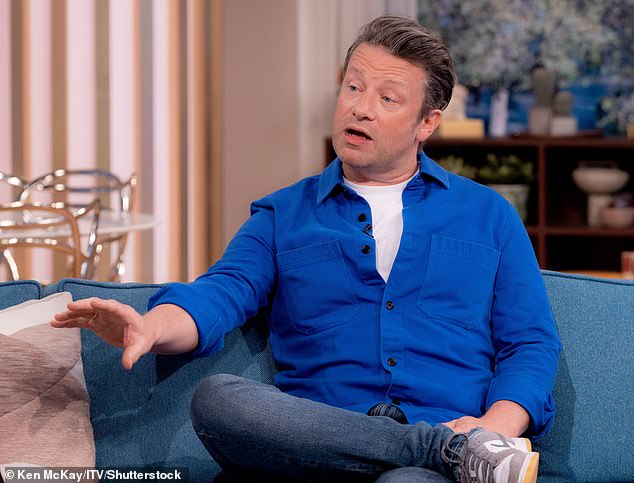
Jamie Oliver has opened up on his ‘very neurodiverse family’, revealing that understanding how their children see things differently allows him and wife Jools to be ‘better parents’
He added that being aware of their children’s differences ‘allows you to be a better parent’.
Neurodivergent is a term that describes people whose brains function differently, encompassing conditions like autism, ADHD, and dyslexia.
And amid the conditions affecting many members of his family, Jamie went on to joke that home life is ‘bonkers’, remarking: ‘Imagine four neurodiverse people at the dinner table trying to get their point across.’
Jamie also went on to say that he feels attitudes towards neurodivergence are generational, noting that ‘older people’ tend to reflect on not having these issues ‘when they were young’,
However, the father-of-five counters that people ‘didn’t know as much about our brains 30 years ago’.
It comes as Jamie recalled being branded a ‘stupid dunce’ at school and said his learning issues left him feeling ‘worthless, stupid and thick’.
Dyslexia is a common learning difficulty that causes problems with reading, writing and spelling and difficulties with processing.
Ahead of his documentary release, he told The Sunday Times: ‘I’m unpacking quite a lot of stuff and I’m oversharing with you because I’ve got to f***ing work this s**t out, I thought I’d buried it but it’s hitting a nerve.
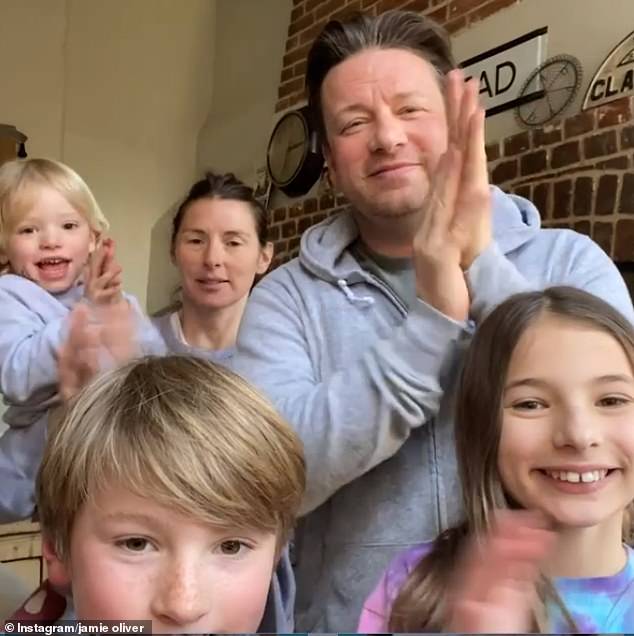
Jamie said that he and Jools discuss their children in bed every night and have ‘learnt to understand that their behaviour is because they’re seeing things differently’
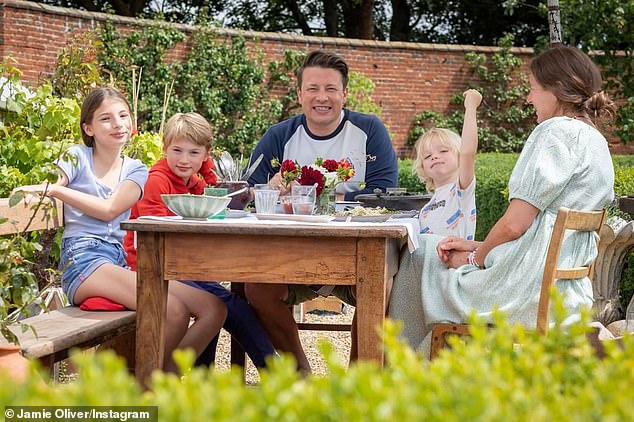
Amid the conditions affecting many members of his family, Jamie went on to joke that home life is ‘bonkers’, remarking: ‘Imagine four neurodiverse people at the dinner table trying to get their point across’
‘I didn’t have any extra time in exams, there were no strategies, just a bit of extra tutoring help,’ he revealed. ‘There was no robust dyslexic knowledge then.’
The Essex-born chef, now a household name thanks to The Naked Chef, said the kitchen ‘saved’ him and gave him purpose when the classroom let him down.
He added: ‘I didn’t tell mum, dad or the teachers. I just bottled it up inside. The kitchen saved me. I knew I had something to offer. I knew I wasn’t a useless piece of s***.’
The NHS says dyslexia affects up to one in ten Brits, often causing trouble with reading, writing and spelling. But many, like Jamie, excel in other areas such as problem-solving and creativity.
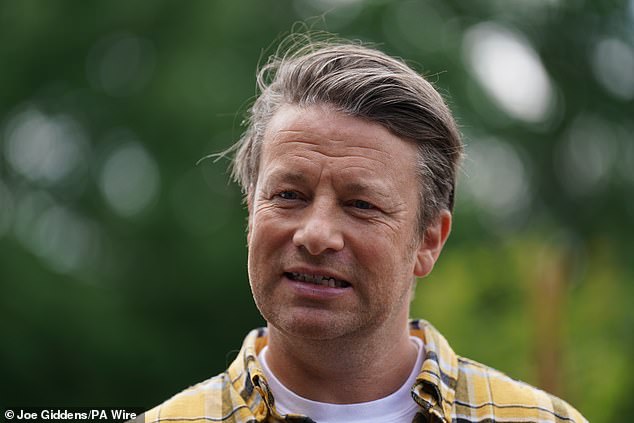
Jamie Oliver opened up about the emotional toll of making a new TV documentary on his lifelong struggle with dyslexia, calling it the most ‘viscerally painful’ project of his career
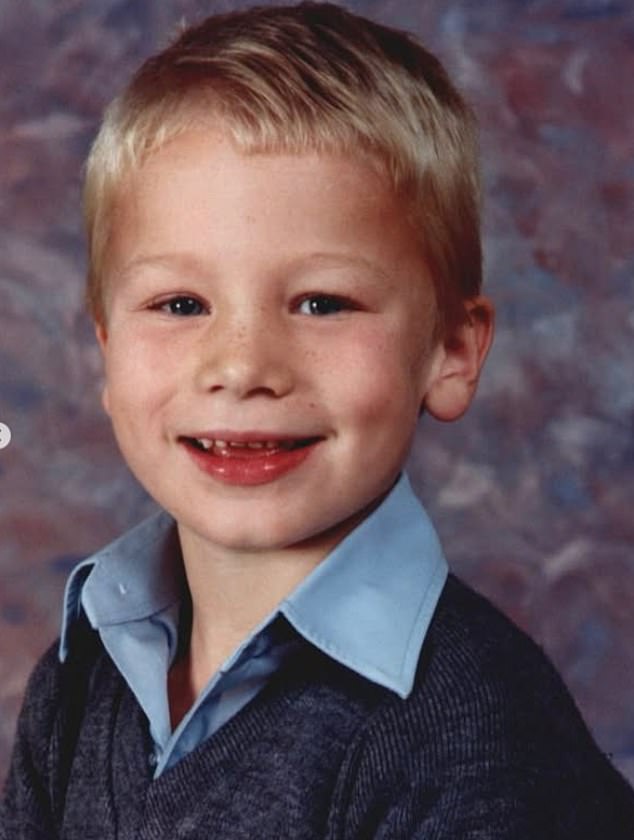
Jamie recalled being branded a ‘stupid dunce’ at school and said his learning issues left him feeling ‘worthless, stupid and thick’
Jamie is using his platform to call for urgent changes in schools, including early dyslexia screening and more teacher training in neurodiversity.
He said: ‘I’ve only got love for teachers, we need to appreciate them more. But they want to be trained, they want to have the tools to notice, understand and react.’
His hard-hitting documentary, airing soon on Channel 4, will question whether the UK education system is doing enough to support children with dyslexia – and if not, what needs to change.
Jamie has already met with Education Secretary Bridget Phillipson and says this campaign is even tougher than his famous fight for healthier school dinners.












